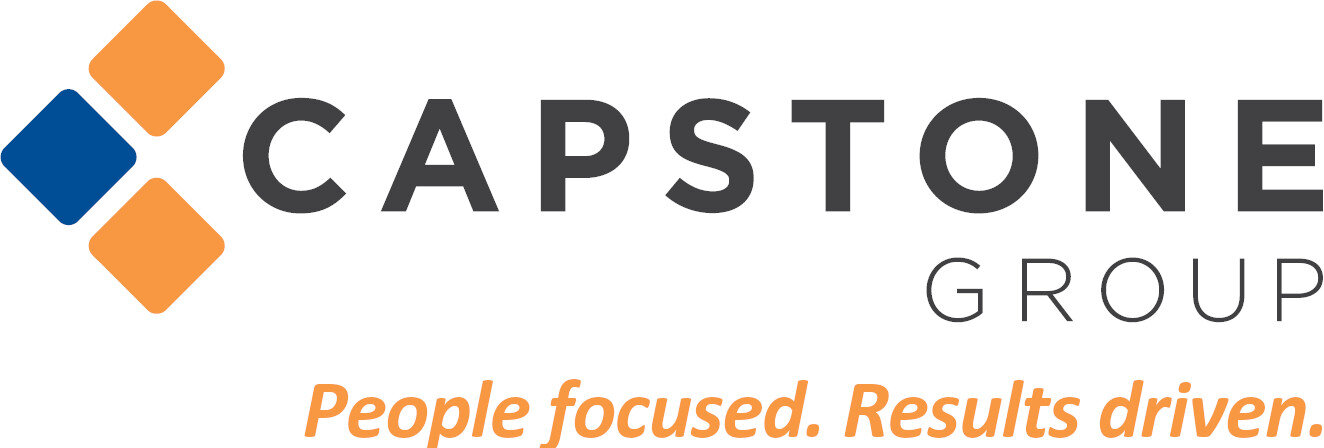The Cadillac tax is already proving to be a pressing concern for employers although it does not come into effect until 2018.
The Affordable Care Act, more commonly referred to as Obamacare, has been controversial since it was signed into law in March of 2010. The controversy has not stopped since its major provisions took effect last January, with criticism coming from both political parties, as well as businesses whose health insurance and benefits coverage were affected.
The latest worry about Obamacare is the "Cadillac tax" that is to take effect in 2018. The point of the Cadillac tax is to generate revenue to fund the federal government's expansion of health care to all American citizens. This tax on health benefits is the first of its kind and is estimated to impact one in four employers when the tax begins in 2018, and that number will steadily grow with time. A big concern with this tax is about flexible spending accounts, which allow people to save their money for certain out-of-pocket health care costs completely tax free and their use has been encouraged by many employers because of the cost effectiveness. However, FSAs will most likely be one of the first benefits cut as companies scramble to avoid the 40% excise tax applied to benefits worth more than $10,200 for individuals and $27,500 for families. Besides the possible cut of FSAs, employees might also be hit with other cost-saving strategies by their employers such as a decrease in the number of available health plans, an increase in deductible limits, and a narrower selection of doctors and hospitals offered...an overall cutback in benefits.
Although the tax is not going to take effect until 2018, pressure to change it is already coming from both politicians and business owners. A coalition of public and private employers called "Alliance to fight the 40" has come together to urge the members of Congress to repeal the Cadillac tax. Even though the tax faces a good amount of opposition from Democrats, and is universally opposed by Republicans, changes will most likely have to wait until President Obama leaves the White House.



